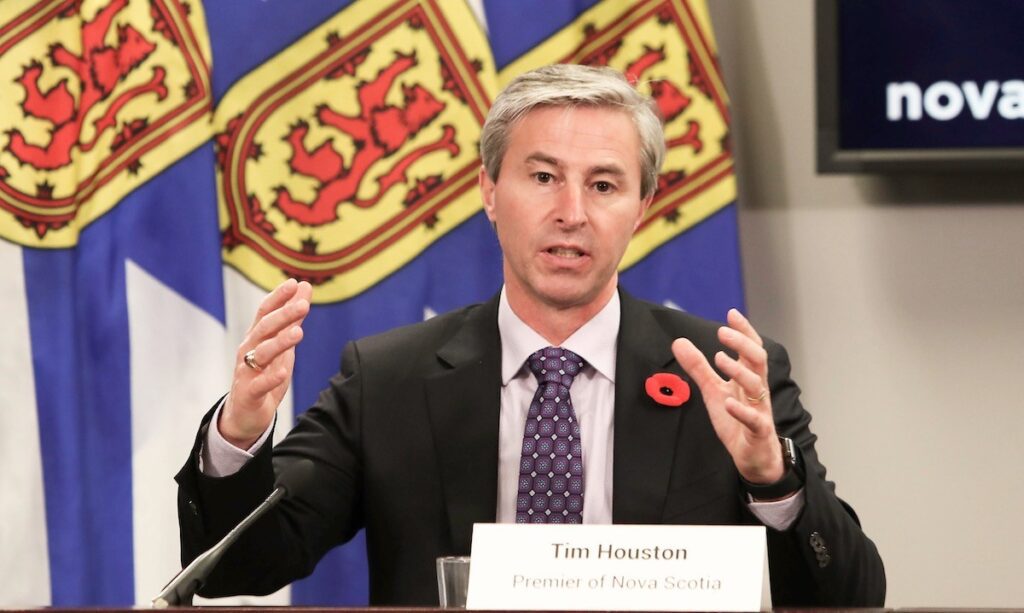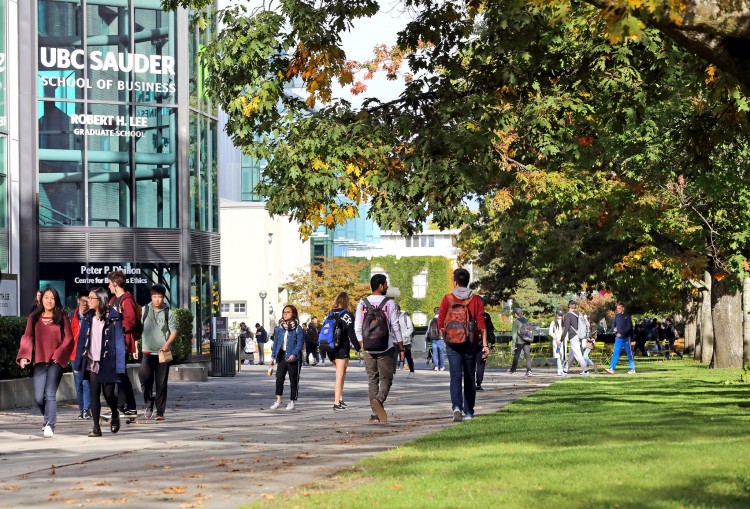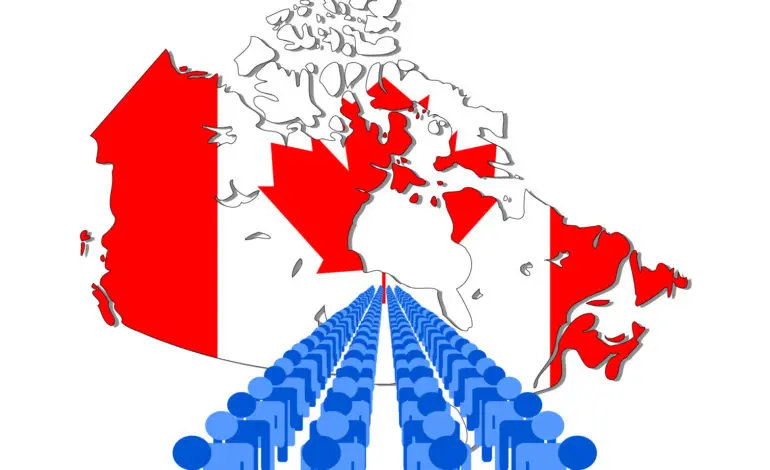In the recent 2024 Federal Budget, the Liberal government opted to increase the taxes on capital gains. This has seen a lot of media coverage both in favour and opposed to this change, as well as some people questioning why capital gains get favourable treatment over other income, particularly employment income.
I am going to explain why the changes might be unfair.
Capital gains taxes were introduced in 1972, largely to replace the inheritance tax, which had been eliminated. The US and UK both had capital gains taxes long before Canada. From 1972 until 1988, Canada taxed 50% of capital gains at an individual’s top marginal rate. This inclusion rate increased to 66.67% in 1988 and then to 75% in 1990. This lasted until 2000, when the rate was reduced back to 66.67%, which lasted until October 2000, when the rate was dropped back to 50%.
I would justify the lower rate on capital gains for several reasons – mainly inflation and double taxation.
Because investment is key to economic growth, we want to encourage people to save and invest for the future instead of consuming all they earn. But with inflation, the buying power of money decreases with time. For example, the Consumer Price Index (CPI) is now about 60% higher than it was in 2002. Why delay buying a new car when your money after taxes will mean you will only be able to buy a worse car than if you buy it today? Secondly, say you buy stock in a company, which itself pays taxes on its income. If the company doesn’t pay out any dividends, but instead reinvests the money, that means the shares are worth more because it kept the after-tax money. When you sell the shares, you are really paying tax for a second time.
The government announced that, starting in June 2024, people would now pay more tax on gains over $250,000 a year – at the higher 66.7% rate instead of at 50%. There is a lifetime capital gains exemption limit for sales of small business shares as well as farming and fishing properties, which will be increased to $1.25 million as of June 2024. The limit will be indexed to inflation thereafter.
Obviously, there are rich people or corporations who may frequently have large capital gains. The federal government estimated that in any year only 0.13% of individuals and 12% of corporations will be affected by the capital gains tax increase.
My concern is that many people may sell an asset so they can retire. They will be caught by the higher taxes for a once in a lifetime event where the money gained from the sale will in effect be their pension. For example, someone selling their small business, but who is not able to qualify for selling shares (such as if they sell the assets) will be hit. Same with someone who bought an income property, or maybe who has a cottage or second home that doesn’t qualify for the principal residence tax exemption.
Few people have company pension plans these days. Some employers might contribute to RRSPs, but it is mainly private sector and unionized workers who have company pension plans. Meanwhile, executives might well have stock options, and might be able to avoid the higher tax rate by selling off less than $250,000 worth of these options in any given year. These two groups might also have RRSPs for their retirement, but this leaves everyone else needing to invest.
For example, at age 65, the average person retiring should expect to live at least 20 years (Sun Life has an excellent calculator). Like anyone else, the retiree can expect CPP and OAS, or even GIS, depending on their income and any clawbacks. A government employee in Ontario retiring at age 65 after 25 years of work can expect at least $35,000 for 20 years, plus they are also getting medical benefits! This is taken from an example on the Ontario Pension Board website. Put simply, 20 years times $35,000 is $700,000 nominal – though it would be less if treated as a lump sum paid all at once.
Assume someone bought a condo in Toronto for $200,000 in 2000, but will sell it later this year as they plan to move out of the city. This person might have a whopping $500,000 capital gain (See Toronto condo price history) which they would have to pay tax on. Then, the remaining money gets added to their income taxes this year at a high marginal rate – on top of their employment income for this year.

With the change, they will pay 50% on the first $250,000, and 66.7% on the rest, increasing their taxable income to $291,750. The top tax rate in Ontario is 53.53% for over $235,000. This is an extra $22,300 in taxes for someone who had no pension plan or stock options and has to rely on their savings and until they die.
To be fairer, the government could increase the point at which the 66.7% rate kicks in, from $250,000 to $500,000, or even to $1,000,000. The other option would be to expand the lifetime exemption to include things other than shares of small businesses and farm or fishing property to include the sale of other investments. Or why not just limit the change to corporations, which already have lower taxes rates and tax breaks than individuals get. This would be the fairest course of action.
Taxes and retirement planning is complicated enough without adding yet another twist. The amount of money raised by the capital gains tax increase is paltry compared to the $34 billion spent on the Trans Mountain pipeline, or all the subsidies for the manufacture of electric vehicle batteries and components in Canada. This capital gains tax change is yet another situation where the government has its priorities wrong.
All content on this website is copyrighted, and cannot be republished or reproduced without permission.
Share this article!




The truth does not fear investigation.
You can help support Dominion Review!
Dominion Review is entirely funded by readers. I am proud to publish hard-hitting columns and in-depth journalism with no paywall, no government grants, and no deference to political correctness and prevailing orthodoxies. If you appreciate this publication and want to help it grow and provide novel and dissenting perspectives to more Canadians, consider subscribing on Patreon for $5/month.
- Riley Donovan, editor